In the second edition of The Fast Lane blog, we look at updates from the month of August covering research, commentary, and news impacting metropolitan communities around the country.
A trillion-dollar company’s headquarters search upends local economic development
A tipping point is near in Amazon’s search for its second headquarters, HQ2, with the trillion-dollar company expected to make an announcement any day now. In anticipation of this historic decision, Metro’s Joseph Parilla penned an essay that looks back on the story of HQ2 and offers recommendations for the winning city to consider as it prepares for the impact of this prosperity bomb. Parilla outlines a proposed “grand bargain” between Amazon and the winning city with four core pillars: 1) Catalyzing a cluster of high-growth firms and locally-serving businesses around Amazon; 2) Preparing current residents for employment opportunities generated by Amazon’s arrival; 3) Supporting housing supply to ameliorate growing pains; and 4) Engaging stakeholders that reflect the city’s diversity to correct historical inequities and ensure a more inclusive future.

 Is anyone winning the US-China trade war?
Is anyone winning the US-China trade war?
Brookings experts Joseph Parilla and David Dollar discuss in a recent podcast what effects the trade war has had on the U.S. and Chinese economies so far. They explain why trade wars don’t actually reduce the trade deficit, which other countries might benefit, and what the prospects are for resolution between the United States and China.
Place matters: Counteracting the opioid crisis, Investing in black STEM talent
In a sobering analysis of the nation’s ongoing opioid crisis, Metro scholar Jennifer Vey offers Hagerstown, Md. as a case study for explaining the connections between local economic decay and the shocking rise in overdoses and suicides. In it, Vey emphasizes the importance of fostering quality places, with streets and spaces where citizens feel comfortable and safe, that foster sociability and interaction, and in which they feel a sense of pride, ownership, and belonging.
And in a recent post aimed at providing a map for local investment, Metro scholar Andre Perry identifies cities with very high proportions of black residents who have STEM degrees. Perry makes the case for professional investment in these populations, including in the D.C.-Maryland-Virginia region, Portland, Minneapolis, the San Francisco Bay Area, and San Diego.

Grappling with continued inequality and racism in a divided America
One year after white supremacist rallies in Charlottesville sparked violence and unrest, Metro scholar William Frey writes that the ongoing wave of “white anxiety” should be redirected toward ensuring the next generation of Americans—of all skin colors—have everything they need to be successful and, in the process, are well-equipped to keep America great. And from the perspective of cities, some of which have moved to take down Confederate statues in the past year, Metro policy analyst Rachel Barker and scholar Alan Berube discuss the deeper work local leaders must undertake to confront the realities of race and opportunity, by examining and challenging the ways we plan, finance, and govern our cities.

- Farewell to Senator McCain and the Queen of Soul, Aretha Franklin, two American icons.
- Tweet thread: Metro scholar Jenny Schuetz muses on housing supply, and the perils of inferring policy recommendations from theoretical economic models.
- Tweet thread: Metro scholar Martha Ross offers multiple alternatives for helping at-risk youth get skills and jobs beyond the federal government’s current approach.

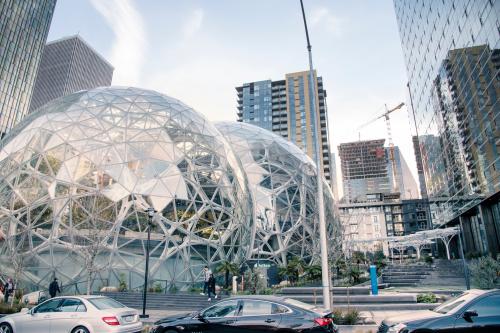

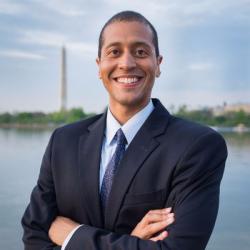
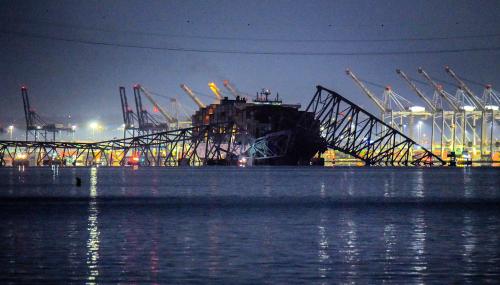
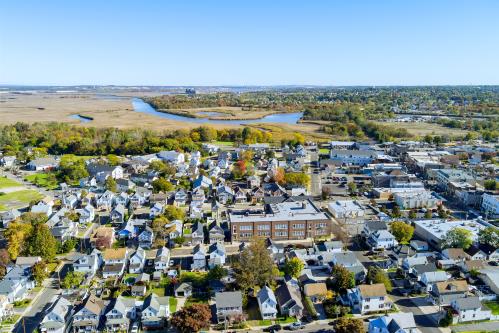
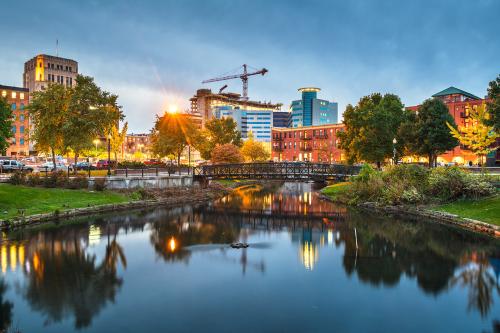
Commentary
The fast lane – A trillion dollar company disrupts, place matters, the nation’s storied history of inequality
September 13, 2018